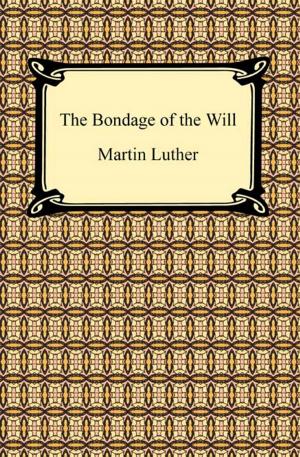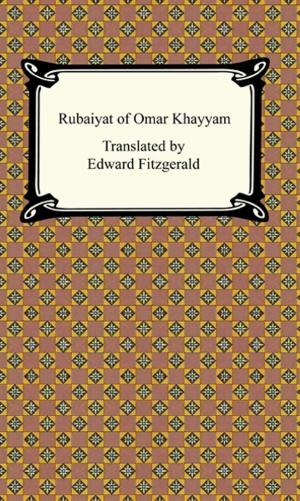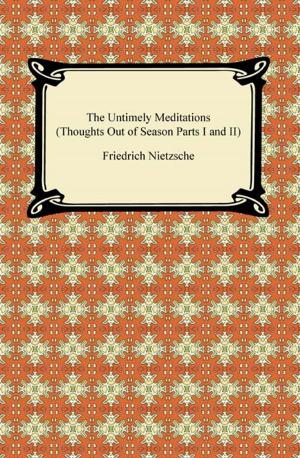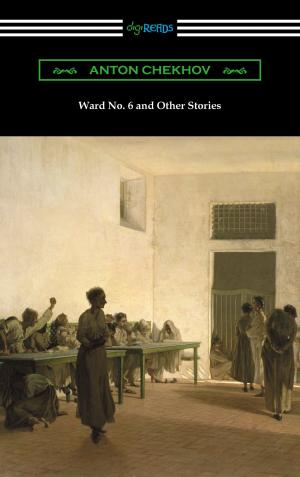| Author: | Jack London | ISBN: | 9781420947366 |
| Publisher: | Neeland Media LLC | Publication: | December 15, 2009 |
| Imprint: | Digireads.com Publishing | Language: | English |
| Author: | Jack London |
| ISBN: | 9781420947366 |
| Publisher: | Neeland Media LLC |
| Publication: | December 15, 2009 |
| Imprint: | Digireads.com Publishing |
| Language: | English |
Jack London became an instant celebrity in America from his first appearance on the literary scene. Born in San Francisco in 1876, he spent his adult life dedicated to the new genre of commercial magazine fiction, which reached audiences all over the globe. He amassed a large amount of money, but used much of it in his social activism. His most well-known work is "Call of the Wild," followed by "White Fang." He grew up and worked during the gold rush, which informed much of his writing's subject matter. "Klondike Tales" takes the spirit of the Klondike Gold Rush and infuses it into 23 stories from his most well-known short story collections. From the 1900 collection "Sons of the Wolf" are "The White Silence," "The Wisdom of the Trail," and "The Son of the Wolf." Stories from "The God of His Fathers" and "Children of the Frost" are added, as well as Klondike stories not published in larger collections. London describes with vivid realism and brutal conditions which miners battled on an everyday basis in the Yukon. Even London himself mined during this time and, like many of his fellow workers, suffered from diseases like scurvy and fevers. The lackluster working conditions, combined with the massive amounts of labor for little payoff, helped to shape his political and social views.
Jack London became an instant celebrity in America from his first appearance on the literary scene. Born in San Francisco in 1876, he spent his adult life dedicated to the new genre of commercial magazine fiction, which reached audiences all over the globe. He amassed a large amount of money, but used much of it in his social activism. His most well-known work is "Call of the Wild," followed by "White Fang." He grew up and worked during the gold rush, which informed much of his writing's subject matter. "Klondike Tales" takes the spirit of the Klondike Gold Rush and infuses it into 23 stories from his most well-known short story collections. From the 1900 collection "Sons of the Wolf" are "The White Silence," "The Wisdom of the Trail," and "The Son of the Wolf." Stories from "The God of His Fathers" and "Children of the Frost" are added, as well as Klondike stories not published in larger collections. London describes with vivid realism and brutal conditions which miners battled on an everyday basis in the Yukon. Even London himself mined during this time and, like many of his fellow workers, suffered from diseases like scurvy and fevers. The lackluster working conditions, combined with the massive amounts of labor for little payoff, helped to shape his political and social views.















